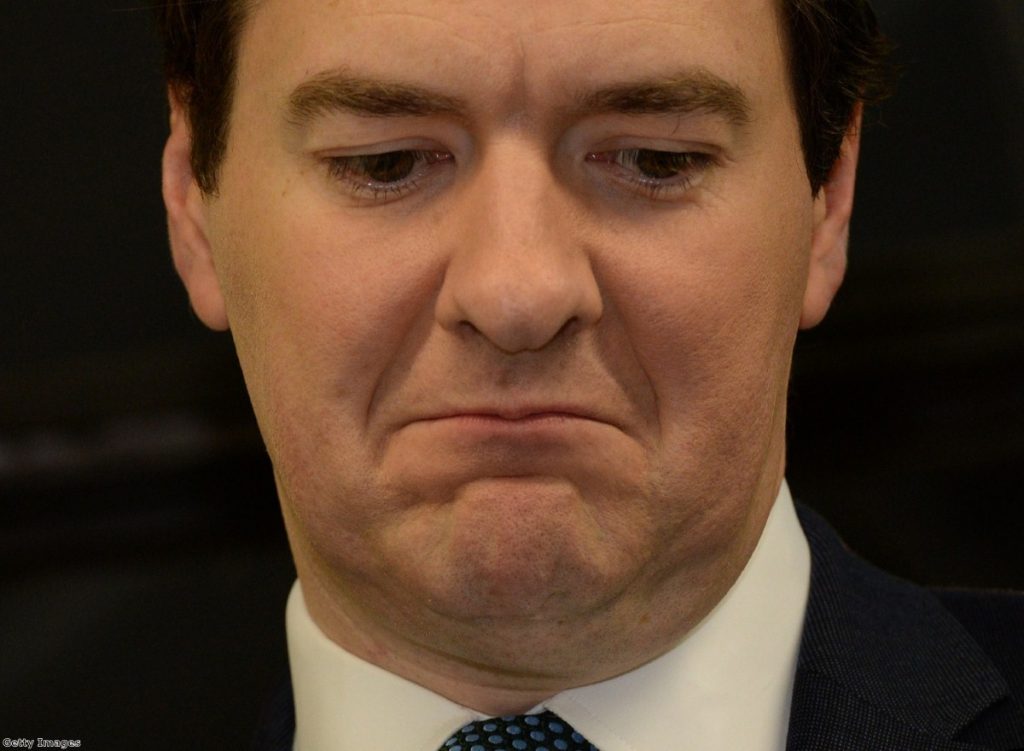A poorly timed nag from Brussels
They couldn't have timed it worse if they tried. Just days after voters sent a continent-wide message of scorn to the European parliament, the earnest officials of Brussels have released a long list of ways in which they think national governments can do things better.
Did the anonymous authors of this turgid agenda of nagging consider, even for a moment, the implications their hectoring would have? This will send the eurosceptics into a froth of indignation. Even europhiles within the UK government, on receiving the six recommendations sent over from Brussels, will be dying a little bit inside.
The six suggestions – you might call them 'handy hints' if you were feeling chirpy – are being provided to Britain "to help it improve its economic performance". They cover one or two small areas of general concern: public finances, the housing market, the labour market, education and training, welfare reform, childcare, the financial sector and network industries. Nothing too big, then.
The Treasury is smiling through gritted teeth in response. It says it will listen to these suggestions with interest, displaying the same strained politeness with which grown-up children take advice from their parents. This advice may be well-intentioned. It may even be sensible. But it is not going to be received gratefully. Instead, it only serves to irritate.


All this new scrutiny is a result of the financial crisis. Before then, member states were allowed to get on with managing their budgetary and economic policies without being bugged by Brussels. That all changed with a series of agreements bizarrely called the 'Six Pack' and the '2-Pac' – sorry, 'Two-Pack'. The Commission's blurb explains cheerfully: "This integrated system ensures that there are clearer rules, better coordination of national policies throughout the year, regular follow-up and swifter sanctions for breaching the rules." Now a year-round process of irritation. Barely a month goes by without some sort of documentation of what every country is doing wrong.
All of which makes it that much harder to accept that what is actually being produced is really quite useful.
Reduce the deficit – but do it better. The budgetary strategy needs to be "reinforced" – and fiscal tightening has to be pursued in a "growth-friendly" way by prioritising capital expenditure. Britain still has an "excessive deficit, level and sustainability of debt".
Fix the housing crisis. The Commission has a long list of ways to do that going far beyond the headline-grabbing call to reform council tax. It wants the government to do much more to keep property prices down, especially in London and the south-east. Building more houses, it suggests, might be something worth thinking about.
Give more young people skillz. This one will really have Whitehall civil servants gnashing their teeth – a suggestion to "reduce the number of people with low basic skills". Thanks for that. Thanks very much.
Cut child poverty. Extra awkward, this, for the coalition, which has drifted away from direct measures to tackle the issue. Simply being told to make sure universal credit actually works will hardly add to the debate in the Department for Work and Pensions.
Get banks lending. They're doing it… but they need to do more please, the Commission thinks.
Don't forget infrastructure. George Osborne has relied on capital spending to bolster his Budgets for years now, but the Commission wants there to be even more "clarity" and "transparency" and even "accountability".
Osborne is not going to like much of this. There's enough here for him to spin this as a 'more of the same' kind of request, but ultimately the chancellor finds himself being told what to do by a group of economists who aren't convinced the British government is getting it quite right. "Challenges remain," the Commission states. Thanks for the heads-up, Europe.

